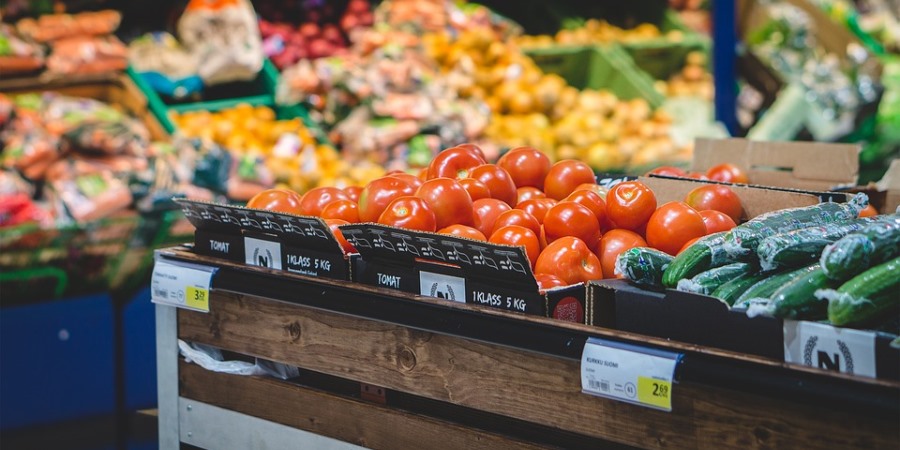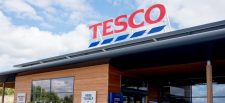Fruit, vegetables and salad sales have surged by £46 million compared to last January, boosted by customer trends towards plant-based diets, according to Kantar Worldpanel.
The latest grocery market share figures from Kantar Worldpanel covering the 12 weeks to 27th January 2019 shows the sector remains in growth – up 1.7% compared to this time last year.
However, despite an overall sales increase year-on-year, total till roll sales fell £1.5 billion compared with the month of December.
Fraser McKevitt, head of retail and consumer insight at Kantar Worldpanel, comments: “Looking back on 2018 as a whole, one of the most notable consumer trends is the shift to a more plant-based diet.
“Today, 1% of all households include a vegan, 5% have a vegetarian and 10% have flexitarians in their ranks. This move has contributed to consumers eating a total of 4.4 billion meat-free dinners in 2018, an increase of 150 million meals on the year before.”
Health-conscious shoppers and Veganuary participants helped sales of fruit, vegetables and salad surge by £46 million compared with January last year.
Cucumbers, carrots and berries in particular proved to be shopper favourites, rocketing by 26%, 22% and 13% respectively.
Meanwhile, over two-thirds of customers bought an item labelled ‘free-from’ over the past month, with dairy alternatives making up a quarter of total free-from sales.
Aldi and Lidl have continued its strong run: 18.3 million households shopped in at least one of the discounters over the past 12 weeks, spending an average of £204 – up £8 compared with this time last year.
With sales up 9.1%, Aldi was the fastest-growing supermarket, increasing its market share by 0.5 percentage points to 7.5%. Meanwhile, Lidl’s market share rose by 0.3 percentage points as sales growth clocked in at 7.3%.

Fraser McKevitt, head of retail and consumer insight at Kantar Worldpanel.
Fraser McKevitt adds: “With the exception of the discounters, Co-op was the only retailer to gain market share over this 12-week period. This now stands at 5.9% – up 0.1 percentage points on this time last year.
“An additional 346,000 consumers visited its stores, helping to buoy sales of its top-tier Irresistible range by 9%. The Co-op’s strongest growth was focused in the capital and, with more stores set to open this year in London and the south east, this trend is likely to continue.”
Tesco’s centenary commitment to ‘celebrate 100 years of great value’ has helped the grocer increase sales by 1.0% – its fastest rate of growth since September 2018.
Despite sales at Morrisons rising by 0.4%, market share fell to 10.6% – down 0.2 percentage points.
Fraser McKevitt continues: “Morrisons’ recent announcement that it will hire 500 new apprentices for its counters could prove a savvy move: 41% of its customers already shop at the retailer’s Market Street stalls.”
Asda’s double-digit online performance contributed to growth of 0.7%, though the retailer’s market share declined 0.2 percentage points to 15.3%.
Meanwhile, Sainsbury’s saw sales fall by 0.3% while its market share dropped by 0.4 percentage points to 15.9%.
Waitrose returned to growth this period with sales up 0.2% – the retailer’s market share dropped by 0.1 percentage points to 5.1%.
Iceland grew ahead of the market – up 2.3% – recording 11 successive periods of growth. Nearly half of the supermarket’s growth was channelled through its core frozen lines, with ambient groceries and alcohol also performing well.









